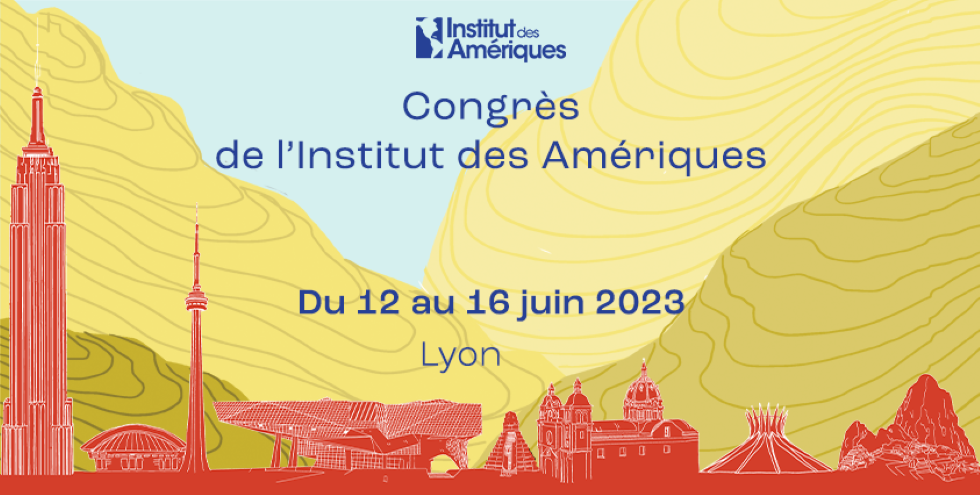
Keynote conferences > "The second independence" : a history of the energy sovereignty project in developmental Latin AmericaENVIRONMENT AND THE ANTHROPOCENE The second independence': a history of the energy sovereignty project in developmental Latin America Tuesday 13 June from 11:30 to 12:30 Palais Hirsch, Grand amphithéâtre Antoine Acker is an environmental historian with a particular interest in the place of Latin America in the history of the Anthropocene. He holds a PhD from the European University Institute in Florence and has taught at the universities of Bielefeld, Paris 3 - Sorbonne Nouvelle, La Rochelle, Maastricht and Zurich, and has been a fellow professor at the Graduate Institute of International and Development Studies (IHEID, Geneva). He has also held a post-doctoral fellowship at the University of Turin and has been visiting professor at the universities of Bern, Munich (LMU) and Shanghai (SHU). As a professor at the University of Geneva, he directs the project AnthropoSouth: Latin American Revolution in the Development Century (Swiss National Science Foundation Eccellenza grant), which explores Latin American energy revolutions from a transnational perspective, and co-directs Lost Cities, a collaborative project funded by the Gerda Henkel Foundation on the legacy of urban utopias in the Amazon region. He is a research affiliate of the Maria Sibylla Merian Center for Advanced Latin American Studies (CALAS, Guadalajara/Bielefeld/Buenos Aires/Quito/San José) and the Rachel Carson Center (RCC, Munich). He has published Volkswagen in the Amazon: The Tragedy of Global Development in Modern Brazil (Cambridge University Press, 2017, honourable mention for the Warren Dean Prize for the best book on Brazilian history) and 'A Different Story in the Anthropocene: Brazil's Post-colonial Quest for Oil (1930-1975)' (Past & Present, 249(1)|2020), winner of the Sérgio Buarque de Holanda Prize of the Latin American Studies Association (LASA). Presentation This lecture will address the little-known episode in world history of former colonies taking control of their natural resources, through the emblematic case of oil nationalization policies in Latin America, from the creation of the Argentine YPF in 1922 to Venezuela's leverage role in the international redistribution of oil revenues in the 1970s. By placing this theme in parallel with environmental conservation policies, the speaker will show that the project of energy sovereignty of Latin American states in the 20th century was part of a larger project of reappropriation of national resources envisaged as a completion of the decolonization process. It will adopt a transnational perspective observing the circulation of ideas, people and techniques throughout the continent, and the birth of a common imaginary of "second independence", articulated in particular around an ideology of emancipation from US capital. The intervention will also include a reflection on the significance of the Latin American oil "model" for the history of the Anthropocene and climate change. Debate moderated by Irène Favier (Université de Grenoble-Alpes) With the support of LARHRA UMR 5190 |

